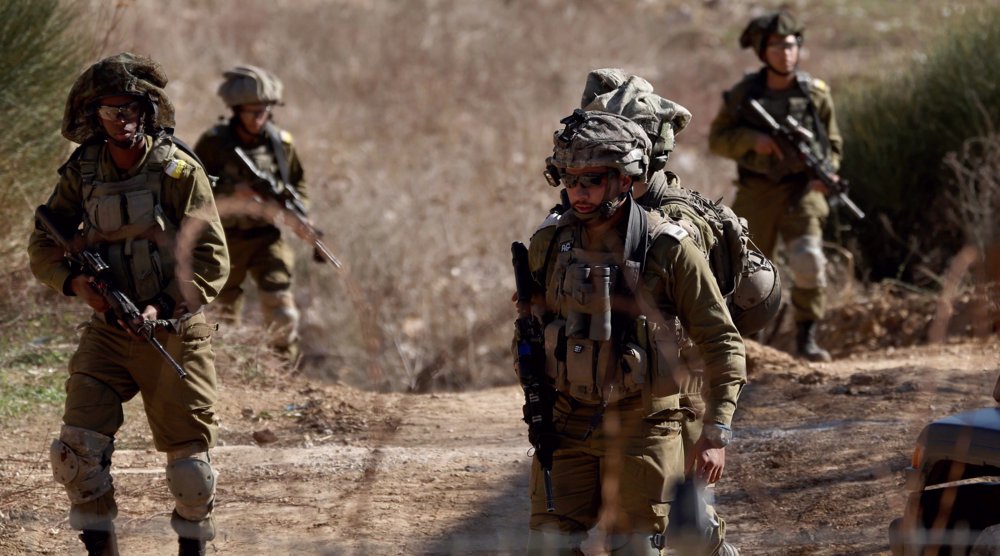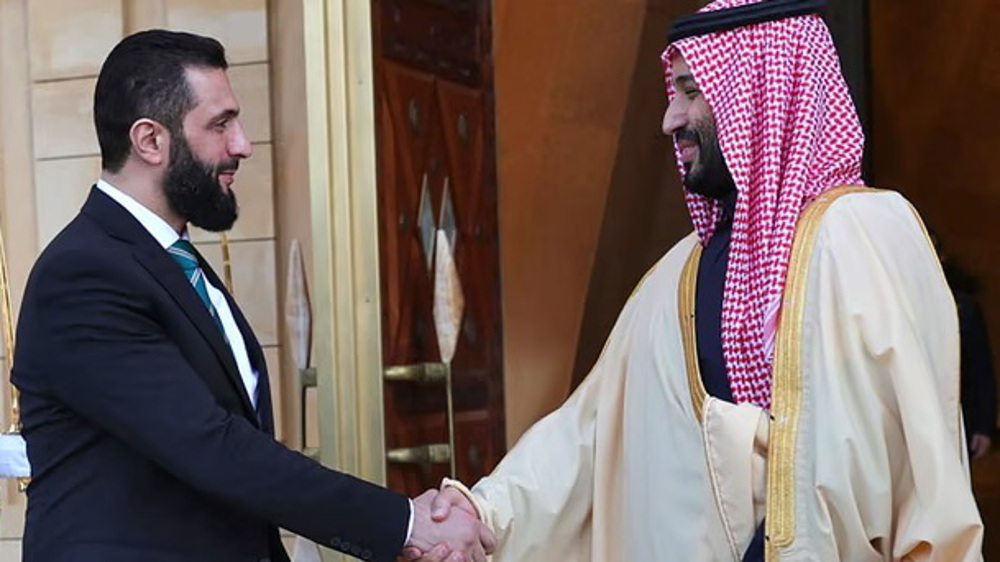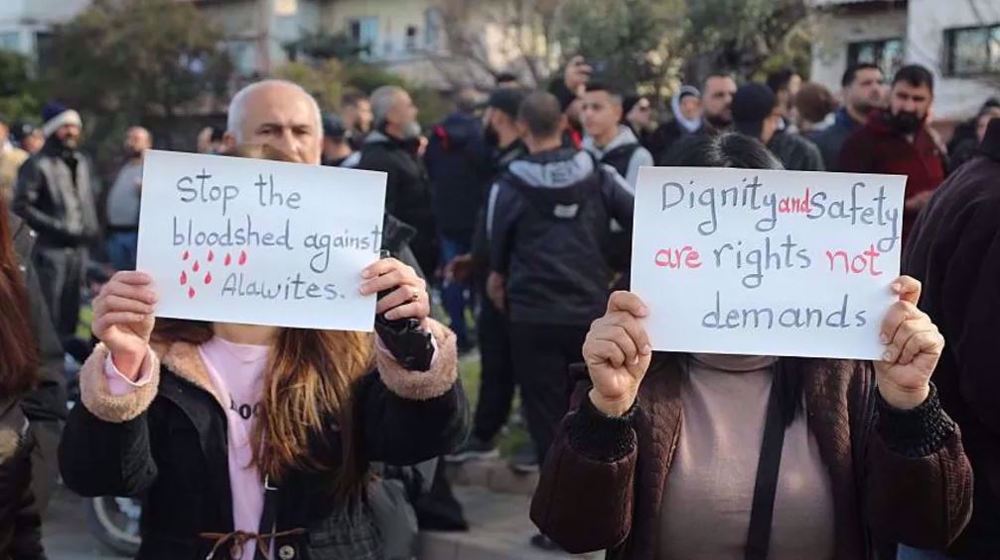UN report on chlorine gas attack in Syria inconclusive: Russia
Syria and Russia have rejected findings by a UN-led investigation that claims Damascus used chlorine gas in two attacks in 2014 and 2015.
"These conclusions lack any physical evidence, whether by samples or attested medical reports that chlorine was used," said Syrian Ambassador Bashar al-Ja'afari after a closed-door UN Security Council meeting over the report on Tuesday.
The report was "totally based on witnesses presented by terrorist armed groups," he added.
Russian Ambassador Vitaly Churkin also stated that he had "very serious questions" over the investigation’s findings and suggested the panel should gather more information.
"There are a number of questions which have to be clarified before we accept all the findings of the report," he said.
The investigation was carried out by the Joint Investigative Mechanism of the UN and the Organization for the Prohibition of Chemical Weapons (OPCW), claiming that Syrian forces had used chlorine in two attacks against militants, once in 2014 and once in 2015.
Following the UNSC meeting, the UK and France called for sanctions against the Syrian government, but Churkin stressed, "There is nobody to sanction in the report… It contains no names, no specifics, no fingerprints."
"Clearly there is a smoking gun. We know that chlorine was most likely used, but there are no fingerprints on the gun," he added.
Damascus surrendered its stockpiles of chemical weapons to the OPCW-UN joint mission following an attack outside the Syrian capital two years ago.
Syria has been gripped by foreign-backed militancy since March 2011. United Nations Special Envoy for Syria Staffan de Mistura estimates that over 400,000 people have been killed in the conflict in Syria. The UN has stopped its official casualty count in Syria, citing its inability to verify the figures it receives from various sources.
Democrats press Trump to explain rationale behind new Iran strike amid warnings about dire risks
VIDEO | Press TV's news headlines
VIDEO | Ex-UK envoy to US arrested by British police
Department of Justice withholds, removes Epstein files that reference Trump: Probe
FM says historic opportunity at hand for unprecedented deal; vows Iran will defend sovereignty
Aid groups challenge Israeli ban that could starve Gaza, West Bank
Hamas denounces Israel’s threats to destroy resistance, slams ceasefire violations
Lebanese army orders troops to return fire after Israeli attack near border post












 This makes it easy to access the Press TV website
This makes it easy to access the Press TV website